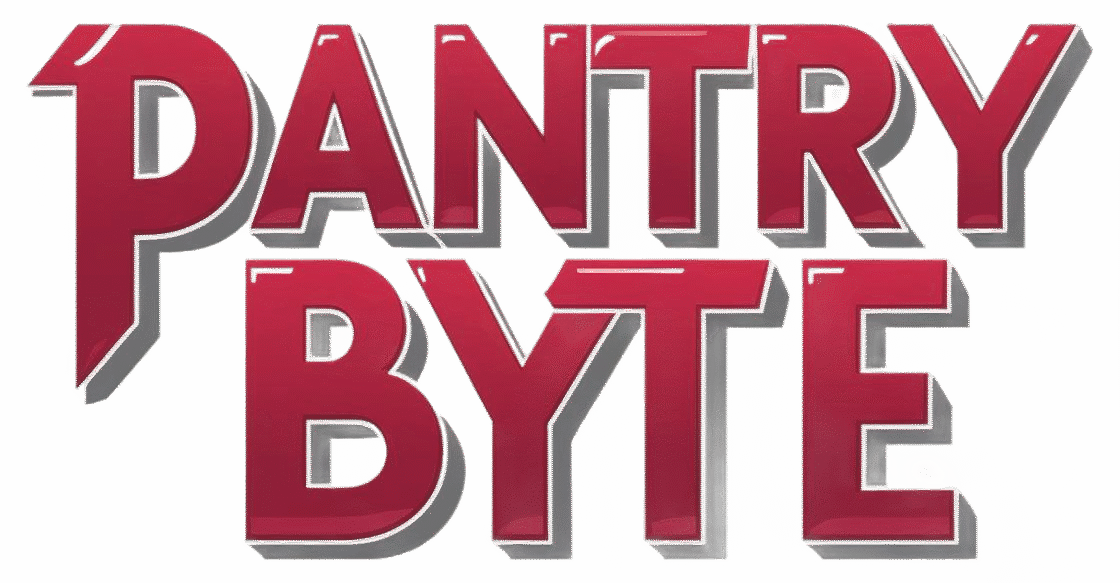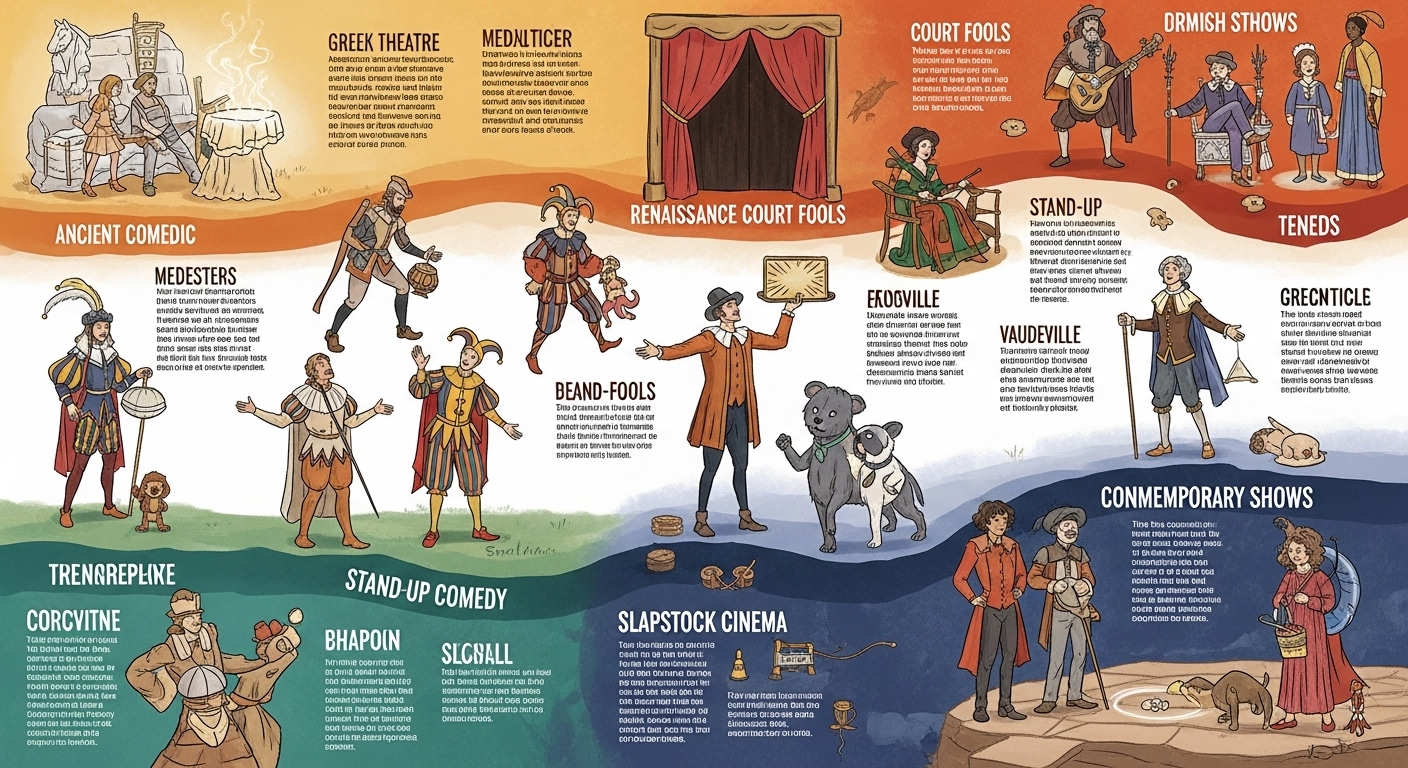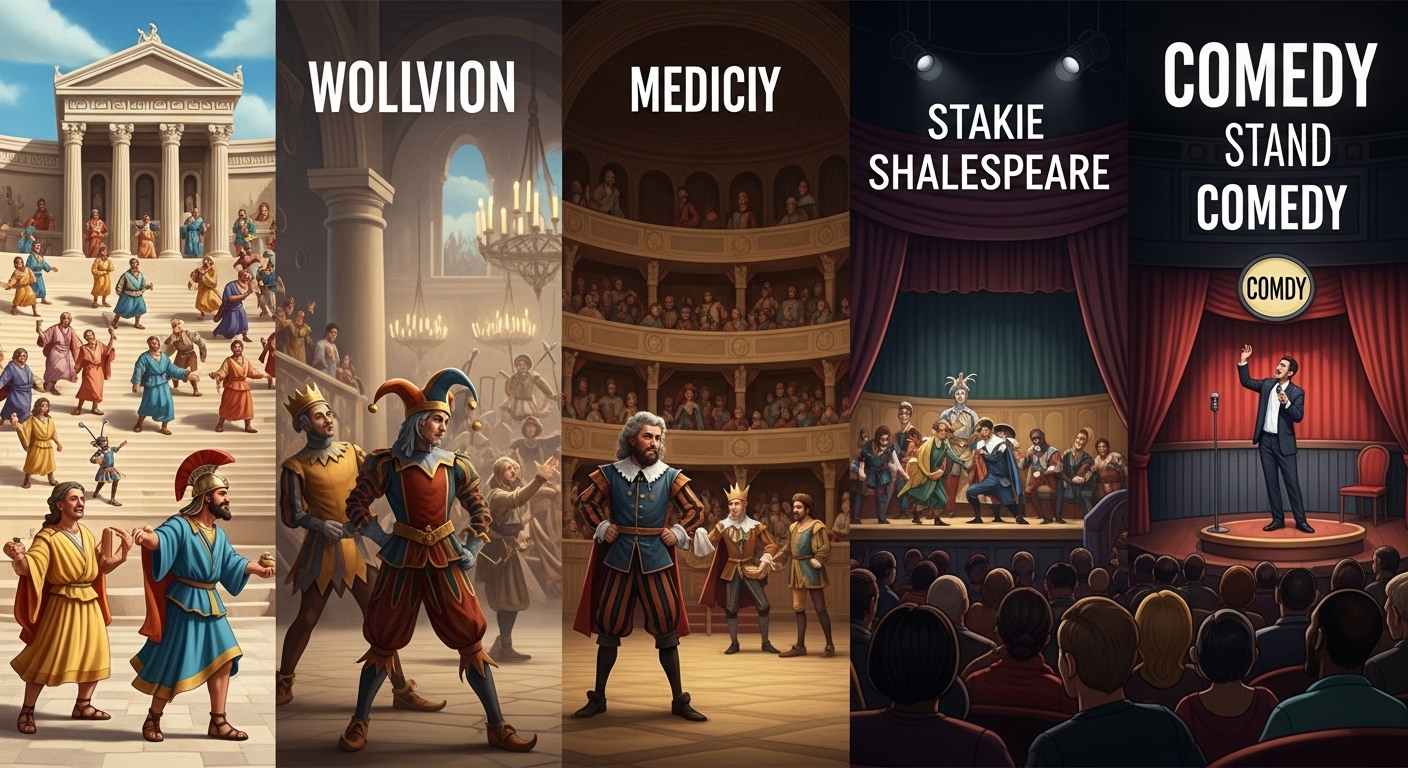If you think about it, comedy’s been around since we started grunting at each other in caves. It’s like this indispensable part of human life, making things lighter, less grim. I mean, imagine a world without laughter. Sounds pretty bleak, doesn’t it? Comedy often brings people together. During the most awkward family gatherings or when someone’s feeling down—laughter, a good joke, can shift the mood. And it’s not just about those belly-laugh moments. Comedy can be sharp, thought-provoking, or just downright silly. Sometimes it’s all about timing. Sometimes it’s about the unexpected punchline or an exaggerated story from an uncle that everyone knows is over-the-top. We just go along for the ride.
The Evolution of Comedy
Comedy’s history is rich, tracing back to ancient Greece. Those guys knew how to make an audience laugh. If you dive into the history of comedy, you’ll find it’s evolved significantly over the centuries. From the slapstick humor of Charlie Chaplin to the satirical jabs from stand-up comedians today, comedy holds a mirror to society. Shows like “Seinfeld” or “The Office” reflect our mundane, everyday lives but make them hilarious. Without even realizing it, we’re laughing at ourselves.
Stand-Up Comedy: The Raw and Real
Stand-up comedy is one of the rawest forms of the genre. A person, a mic, and an audience. That’s it. You’ve got comedians like Richard Pryor and George Carlin who didn’t just tell jokes. They made bold statements, questioned societal norms, and poked fun at the absurdity of life. Stand-up can be brutal—the audience doesn’t hesitate to let you know if a joke bombs. But when it hits, there’s nothing like it.
The Online Comedy Scene
With the rise of digital platforms, comedy’s found new homes online. From YouTube skits to TikTok challenges, there’s no shortage of content. And while some might argue quality over quantity, there’s something for everyone. Plus, it’s a great way for emerging comics to get noticed. And then there’s the meme culture—quick, relatable, and often downright hilarious.
Genres and Styles of Comedy
Comedy isn’t one-size-fits-all. There are different flavors to suit different tastes.
| Genre | Description |
|---|---|
| Slapstick | Physical comedy, think pies in the face or people slipping on banana peels. Great for visual gags. |
| Sitcom | Sitcoms, or situational comedies, take everyday scenarios and amp up the humor. “Friends” or “Parks and Recreation” are classics. |
| Satire | Uses wit to criticize societal norms. Jon Stewart and “The Onion” have mastered this art. |
| Dark Comedy | Finds humor in serious, and often taboo, subjects. Not for the faint-hearted. |
Why We Need Comedy
Why do we seek comedy? Life’s a rollercoaster, and humor’s our coping mechanism. It helps relieve stress and, for a moment, makes the world seem less daunting. Comedy often sheds light on serious topics—using humor to address issues that might otherwise be too tough to tackle head-on. Like a spoonful of sugar, right?
Comedy as a Social Commentary
In many cultures, comedians are the unofficial commentators of society. They highlight absurdities, challenge injustices, and promote change. Through humor, topics that might be sensitive become more approachable. Ever watched a comedian tackle a controversial topic and just nail it? That’s the power of comedy.
Speaking of cultural values, have you ever noticed how practices and traditions across different regions influence comedic styles? From dry British humor to the vibrant, exaggerated comedic styles in Bollywood—each has its own unique flavor.
Comedy in Everyday Life
Let’s not ignore the comedy in our everyday lives. It’s not just the big, orchestrated performances. Sometimes, it’s the random, unplanned moments that are funniest. Like slipping on ice in front of your crush (cringe, but hilarious in hindsight) or your pet doing something silly. Everyday comedy is all around us.
FAQs About Comedy
- What makes something funny? – Ah, the age-old question. It’s subjective, but often it’s about timing, relatability, and the unexpected. Sometimes it’s just a gut reaction.
- Why do some people not get jokes? – Different senses of humor, maybe? Cultural differences or personal experiences can make some jokes miss the mark.
- Is dark comedy offensive? – It can be, depending on personal sensitivities. But sometimes it’s just a way to address uncomfortable truths with humor.
- How do comedians come up with material? – A lot of observation, everyday experiences, and a bit of creativity. Plus, trial and error helps refine what works.
- Why do I laugh at inappropriate times? – It might be a nervous reaction or a way to alleviate tension in uncomfortable situations.
So, comedy—it’s everywhere. On stage, in your living room, even in your awkward social interactions. It’s this weird, wonderful thing that keeps life interesting. It pokes at our flaws but also makes those flaws bearable. Who knew something as simple as a laugh could be so complex? But hey, that’s just part of the charm, right? Keep laughing.



